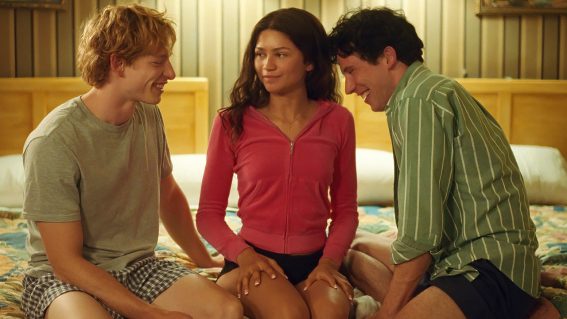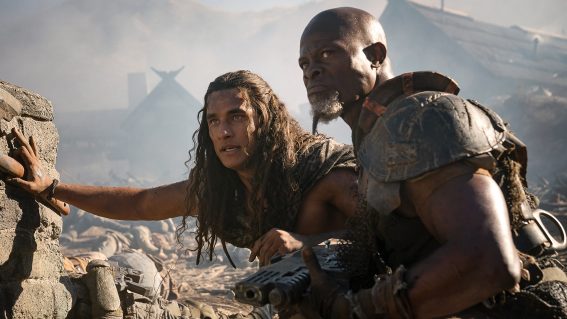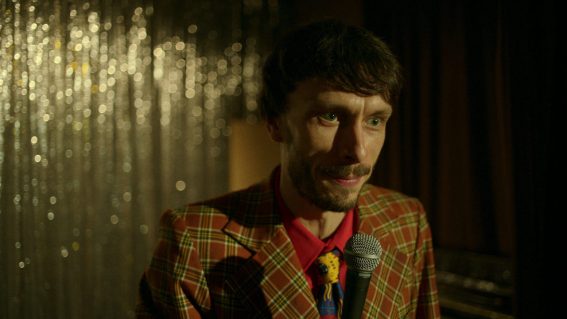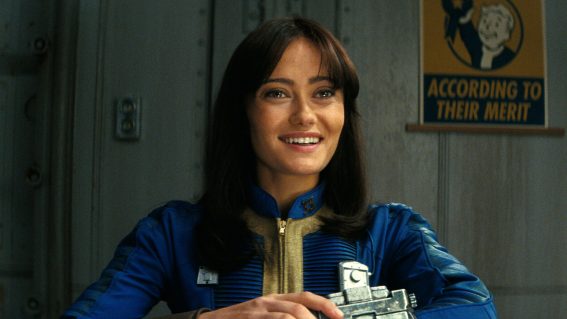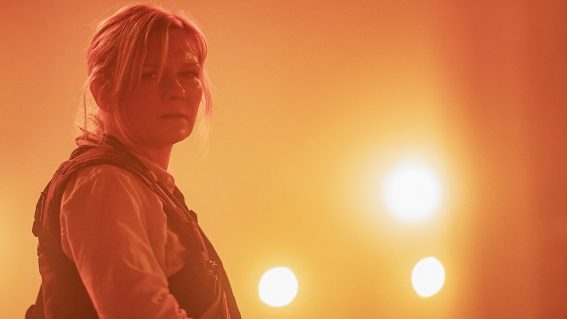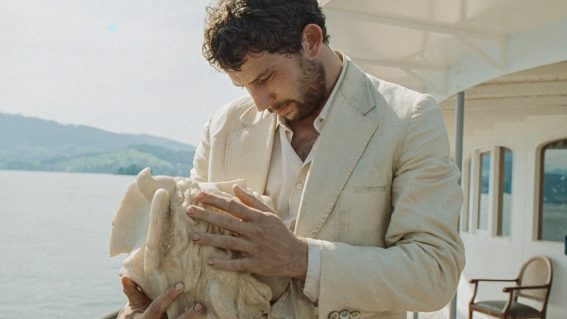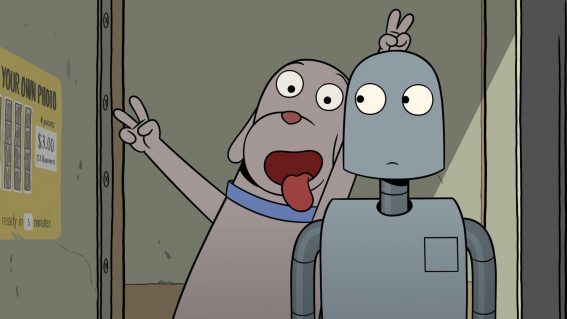Review: ‘The Hateful Eight’ sees Tarantino Transcend Even Himself
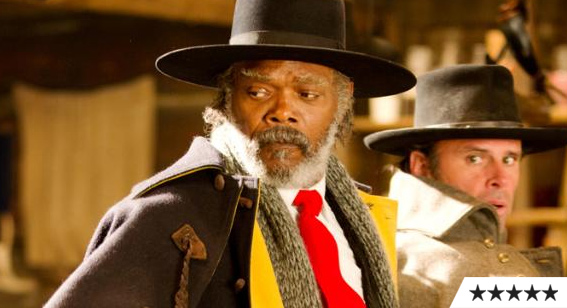
As great as Inglourious Basterds and Django Unchained were, the manner in which Quentin Tarantino’s pointed proclivity for ponderous proclamations went unchecked in those films prevented me from wholly embracing them. In The Hateful Eight, the third entry in QT’s unofficial ‘Revisionist Myth’ trilogy, those tendencies go even further, gloriously so.
The writer/director’s trademark verbose speechifying works in a way it never has before. It aids and abets the building of characters and the generation of tension, and often serves as misdirection for the plentiful jolts thoughout the film. And yet it’s what goes unspoken that provides most of the film’s thematic heft.
The influences felt here (old TV westerns, Agatha Christie) are fertile new ground for the filmmaker, and he mixes them together with a nasty, darkly funny alchemy all his own. Tarantino’s love for cinema is always felt in his movies, sometimes distractingly so, but The Hateful Eight manages to artfully transcend the filmmaker’s otherwise always-evident personality.
All the actors are amazing and in total command of their performances, but if anyone deserves singling out, it’s Walton Goggins, who with his utterly hilarious turn in this film officially takes over from Bill Paxton as cinema’s greatest good ol’ boy. Zoë Bell’s appearance is a welcome sprinkling of Kiwi pepper that can’t help but generate a smile.
The Hateful Eight is a leisurely, articulate and strangely funny descent into hell. It’s pure cinematic gravy, and I loved every second of it.
‘The Hateful Eight’ movie times

